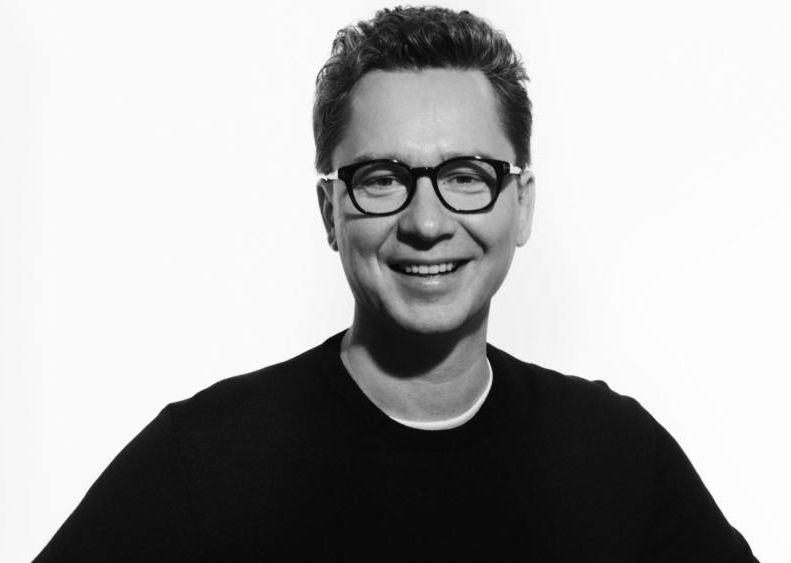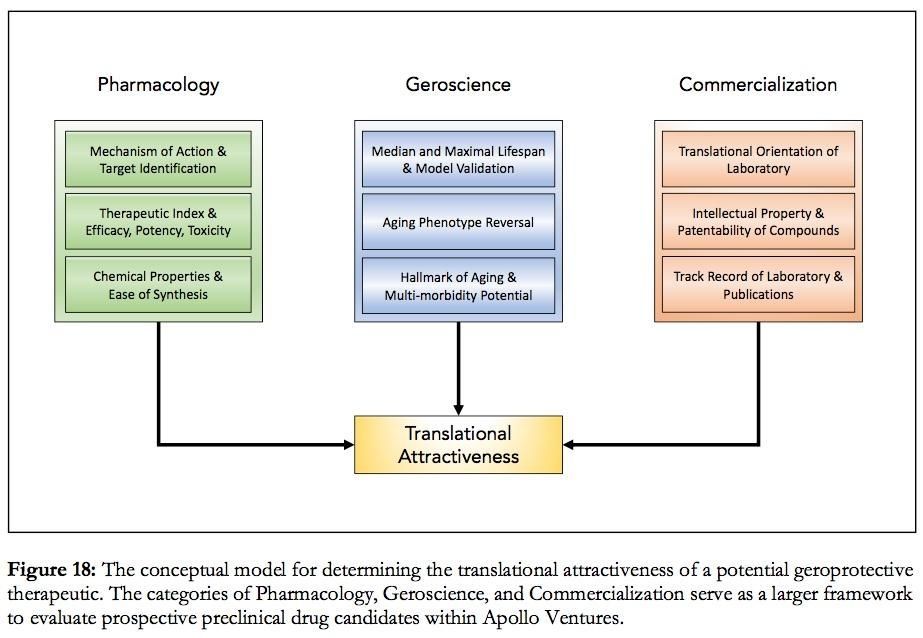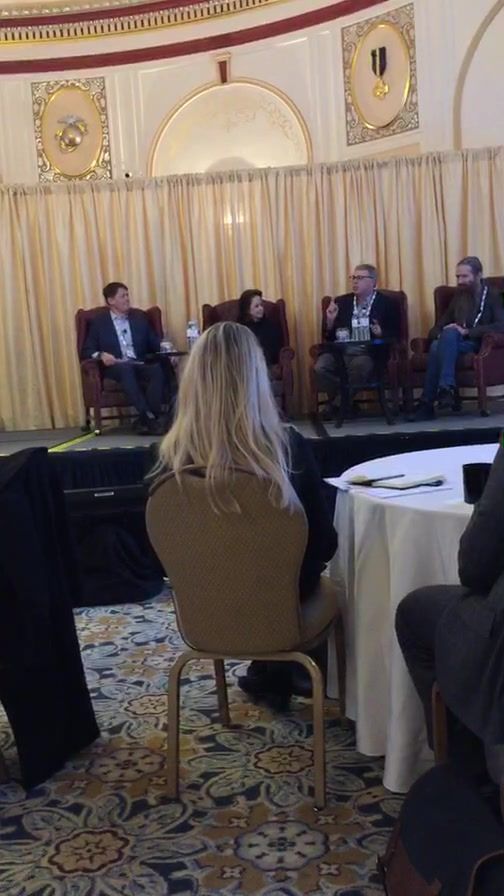Researchers develop an app that can estimate the biological age of a rodent from its mug shot, and could give a boost to the science of human aging in the process.




An excellent article on Hackaday addresses the lifetime of LED bulbs. To a certain degree, it also addresses the lifetime of LED’s themselves. However, the majority of the article investigates the various parts of the LED bulb, such as electronics and housings, and how they last. The article also addresses the issues of lumen depreciation and color change.
These issues are all important when thinking about long-term use in space applications.
Early adopters of LED lighting will remember 50,000 hour or even 100,000 hour lifetime ratings printed on the box. But during a recent trip to the hardware store the longest advertised lifetime I found was 25,000 hours. Others claimed only 7,500 or 15,000 hours. And yes, these are brand-name bulbs from Cree and GE.
So, what happened to those 100,000 hour residential LED bulbs? Were the initial estimates just over-optimistic? Was it all marketing hype? Or, did we not know enough about LED aging to predict the true useful life of a bulb?
I put these questions to the test. Join me after the break for some background on the light bulb cartel from the days of incandescent bulbs (not a joke, a cartel controlled the life of your bulbs), and for the destruction of some modern LED bulbs to see why the lifetimes are clocking in a lot lower than the original wave of LED replacements.

Great news!
Inspired by British billionaire Jim Mellon, chairman of anti-aging upstart biotech venture Juvenescence, Sergey Young unveiled a $100 million fund on Monday to catalyze the development of a comprehensive solution to counteract the damaging consequences of aging.
“I’ve never looked like my age…and with my name, I think it was predetermined that I was going to work in the space (of aging),” Young told Endpoints News. The 47-year-old considers himself a product of Peter Diamandis — the man behind the non-profit XPRIZE and venture capital fund BOLD Capital Partners — and is in charge of all things longevity at both organizations.

Longevity Investor Network member Sebastian Aguiar discusses the rejuvenation biotechnology industry and bridging the gap between research and development.
 Sebastian Aguiar is a Venture Fellow at Apollo Ventures, an aging-focused venture capital fund and company builder that invests across Europe and the United States. He can be found at https://www.linkedin.com/in/sebastianaguiar/ and https://twitter.com/sebastian_gero.
Sebastian Aguiar is a Venture Fellow at Apollo Ventures, an aging-focused venture capital fund and company builder that invests across Europe and the United States. He can be found at https://www.linkedin.com/in/sebastianaguiar/ and https://twitter.com/sebastian_gero.
What initially attracted you to aging as a general discipline?
Aging is already a solved problem… for cells. The germ line is immortal. Cancer cells are immortal as well. In fact, cellular immortality has been a solved problem for 3.5 billion years, since the dawn of life on Earth. It’s just that the soma – all the cells other than the reproductive cells – are disposable.
Human health depends on age and evolutionary history. Firstly, adaptation is age-specific, with Hamilton’s forces of natural selection leading to much greater adaptation at earlier ages than later ages. This of course is how evolutionary biologists explain the existence of aging in the first place. Secondly, when environmental conditions change, it takes surprisingly few generations for populations to adapt to such new conditions, at least at early ages when natural selection is intense. Thirdly, at later ages, when the forces of natural selection are weak, natural selection will often fail to produce adaptation to a selective environment that is not evolutionarily ancient. All three of these themes will be illustrated using both explicit mathematical theory and findings from experimental evolution. At the end of the presentation, we will apply these general scientific insights to the case of human evolutionary history, human aging, and optimal human diets.

Brought to you by Nicola Bagalà, the Rejuvenation Roundup is our monthly digest, which takes a look at the big news stories involving the industry and helps keep you informed of current developments in the aging research field.
Welcome to the first Rejuvenation Roundup of the new year! There is quite a bit of news to go through and upcoming events to look forward to, so get comfortable and let’s get started.
LEAF News
Team and Activities .


Click on photo to start video.
Hosted by John Lewis of Oisin. Panel title: “A Therapeutic Revolution Against Aging”.
Aubrey de Grey, Judy Campisi, Nir Barzilai in a panel titled “A Therapeutic Revolution Against Aging”. Hosted by John Lewis of Oisin.
This was an excellent panel! Topics included Yamanaka factors, epigenetic rollback, partial reprogramming and many more. Judy disagreed with Aubrey on the nature of aging, Nir brought up a great point about the secret to rejuvenation lying in uncovering just how a 50-year old egg cell becomes a new rejuvenated baby, and even a paper on Jeanne Calment was mentioned!
Михаил Батин, I even filmed the audience several times — just for you! 😁.
As your body ages, increasing amounts of your cells enter into a state of senescence. Senescent cells do not divide or support the tissues of which they are part; instead, they emit a range of potentially harmful chemical signals that encourage nearby cells to enter the same senescent state.
Their presence causes many problems: they degrade tissue function, increase levels of chronic inflammation, and can even eventually raise the risk of cancer. Today, we will talk about what senescent cells are, how they contribute to age-related diseases, and, perhaps most importantly, what science is hoping to do about the problem.